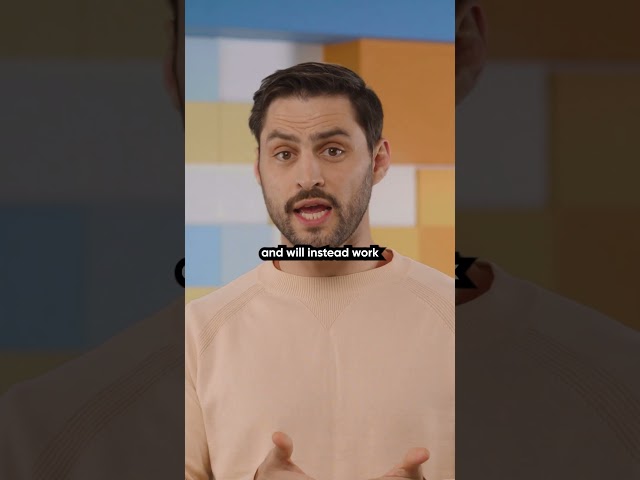In a surprising legal turn of events, a judge has ordered YouTube to compensate former President Donald Trump with $24.5 million. This ruling comes after Trump’s team challenged the platform’s decision to ban his account, raising questions about free speech and corporate responsibility.
Background of the Case
The controversy began soon after the January 6th events in Washington, D.C. At that time, several social media platforms, including YouTube, decided to suspend Trump’s accounts due to concerns over inciting violence. These actions sparked a nationwide debate about the balance between preventing harmful content and ensuring freedom of expression.
The Court’s Decision
According to the recent court ruling, the suspension of Trump’s YouTube account was deemed unfair by the presiding judge. The court concluded that while companies have the right to set terms and conditions, the enforcement of these policies must be consistent and transparent. In this case, YouTube was found to have overstepped by applying its rules inconsistently, leading to significant economic and reputational harm to Trump.
Impact on Social Media Policies
This judgment is expected to have widespread implications for social media companies. Platforms like YouTube, Twitter, and Facebook are likely to reassess their content moderation policies to ensure fairness and clarity. This ruling might urge them to create more precise guidelines and an appeal process for account holders, ultimately aiming to balance user safety with free speech rights.
What’s Next?
While the ruling is favorable for Trump, YouTube is expected to appeal. This could mean months or even years of additional legal proceedings. However, the case has already sparked a renewed discussion about digital platforms’ responsibilities and the complex issue of moderating content without infringing on users’ rights.
For everyday users, this means platforms might introduce changes in how they handle account bans and suspensions. Users could see increased transparency in how decisions are made and possibly more opportunities to contest bans. Overall, the case emphasizes the importance of social media in our daily lives and the ongoing dialogue about how such influential platforms should operate.










